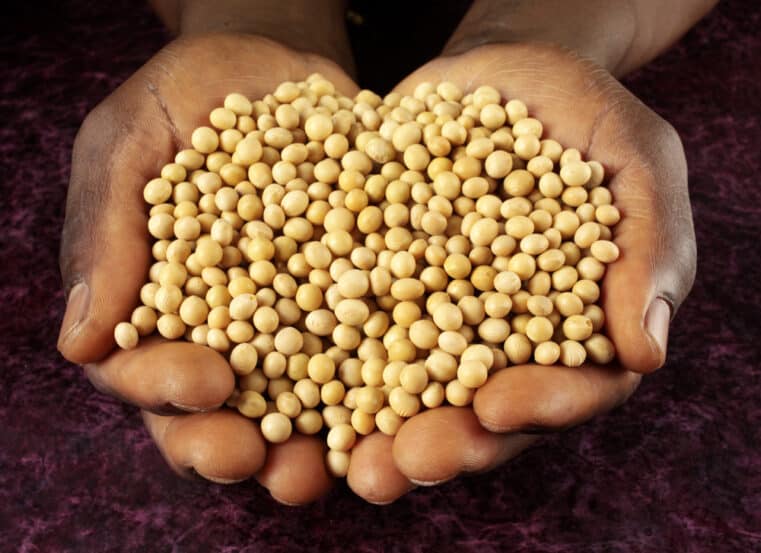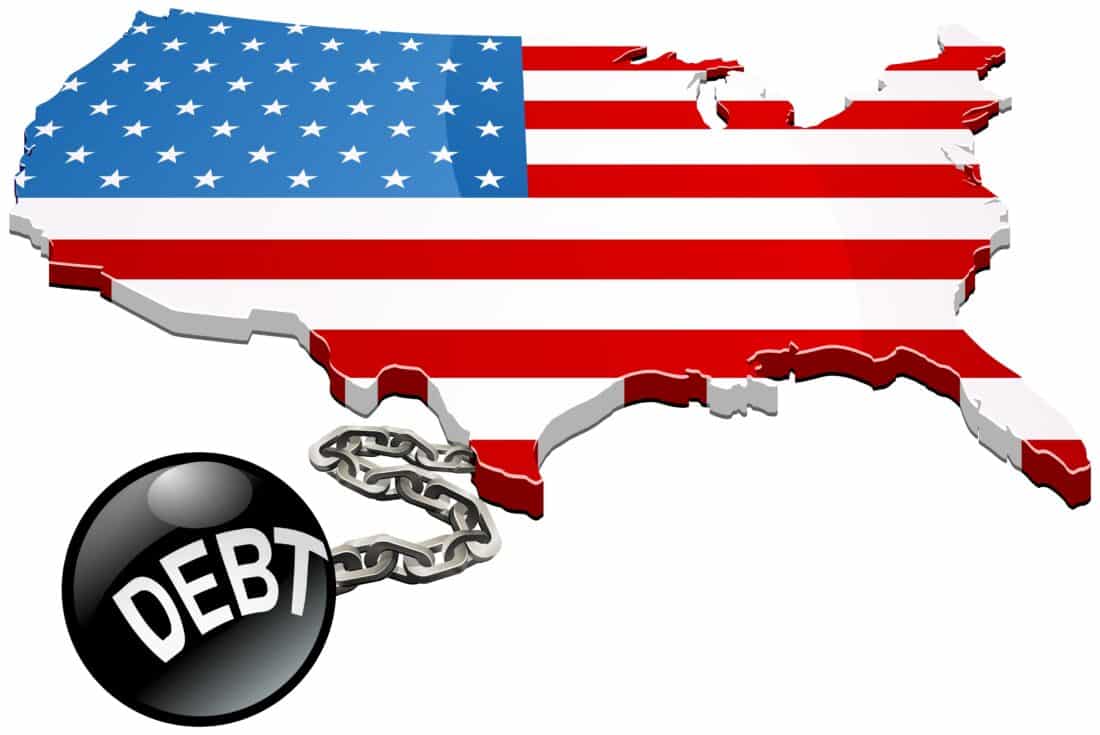
How U.S. “Strategic Aid” to Argentina Ended Up Handing China a Discount on Soy—and Gutting American Farmers
Washington’s “Strategic” Move Just Made China Stronger and American Farmers Poorer
A $20 billion U.S. bailout package intended to prop up Argentina and push back against Chinese influence in Latin America has—shockingly—backfired. Instead of scoring a geopolitical win, the U.S. Treasury handed Beijing a massive agricultural discount, torched soybean prices, and pulled the rug out from under Midwestern farmers.
What happened?
In an effort to support President Milei’s reforms in Argentina and keep Buenos Aires out of Beijing’s financial orbit, Washington extended a generous currency swap line—dollars for pesos. Sounds harmless, right? But those dollars gave Argentina just enough breathing room to scrap export tariffs on its grain—making its soybeans cheaper on the world market. And guess who rushed in to buy them?
Not American consumers. Not even Latin American neighbors. China.
Trade “Strategy” That Punishes Your Own Producers
So instead of curbing China’s economic reach, Washington gave it a discount on soy—at the direct expense of American farmers. Reuters reports that China snapped up at least ten cargoes of Argentine soy in just one week. Meanwhile, U.S. soybean exports to China have fallen to zero. Zero.
This isn’t just bad optics. It’s economic malpractice.
U.S. soy accounted for $46.8 billion in crop receipts last year, with $12.6 billion of that tied directly to China. That trade is the economic lifeblood of farming states like Iowa, Illinois, and Indiana. And now it’s circling the drain—not because of market failure, but because of misguided central planning from the so-called champions of “free enterprise.”
Protectionism + Bailouts = Permanent Dysfunction
The irony is blinding. The Trump administration—on paper, a pro-market, “America First” platform—is subsidizing Argentine fiscal reform while subsidizing American farmers against the damage from its own policy. First, China gets cheap soy from Argentina, then D.C. tries to throw taxpayer dollars at U.S. farmers to make up the difference. This is robbing Peter to pay Pedro, and then printing money to console Paul.
Meanwhile, Todd Main of the Illinois Soybean Association said it best:
“We can grow anything. What we really want is good relations with our trading partners. We want markets. We don’t want bailouts.”
Markets. Not handouts. Not crutches. Not backroom bailout diplomacy that sells out your own producers in order to “strategically” outmaneuver Beijing—and fails.
America’s Ag Industry: A Casualty of Its Own Government
This is what happens when governments stop allowing prices to communicate real information. Instead of allowing free trade to sort out winners and losers based on comparative advantage and quality, bureaucrats weaponize trade flows and currency swaps in a geopolitical chess game they’re not equipped to play.
Farmers, like the rest of us, just want a level playing field. Instead, they get tariffs, subsidies, retaliations, and now a government-backed assist for one of their biggest global competitors.
You couldn’t write this into a bad satire and have it taken seriously.
Central Planning Never Wins Long-Term
This latest debacle underscores a broader truth Austrian economists have been warning about for a century: government interventions distort markets, create perverse incentives, and lead to cascading unintended consequences. You don’t have to be an ideologue to see it—you just have to look at a price chart and a trade ledger.
The soy story is just the latest proof that the central planners in D.C. are playing whack-a-mole with the economy—bailing out allies, punishing their own industries, and enabling adversaries in the process.
And it's not because they're stupid. It’s because they believe in the illusion of control.
Want to Stay Ahead of These Moves Before They Hit the Headlines?
Washington won’t stop intervening, and Beijing won’t stop taking advantage of it. But you can get ahead of it.
Start by downloading Bill Brocius’ free guide — 7 Steps to Protect Your Account from Bank Failure — and learn how to decouple from the collapsing financial order.
Want more insight like this? For just $19.95/month, get access to Bill’s Inner Circle Newsletter, where we break down the real economic shifts — not the spin, not the headlines, just the raw data and hard strategy.
Recommended Reading:
The End of Banking As You Know It by Bill Brocius — the go-to playbook for navigating the coming wave of debt defaults, currency devaluation, and economic deception.
Trade fiction for fact. Trade dependence for independence. Trade fiat for real value.











